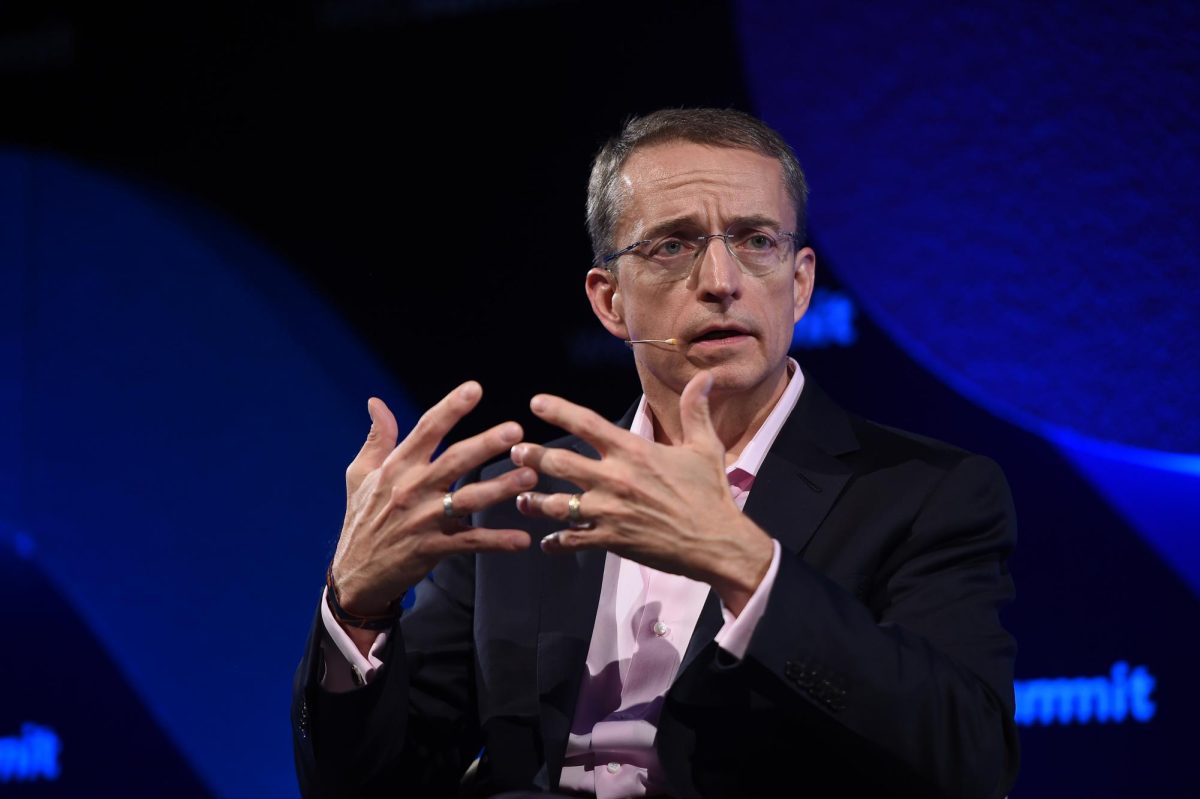Intel Corp. announced that CEO Patrick Gelsinger resigned from his position after being given the choice to either resign or be fired, due to the company’s poor performance and failure to meet expectations in the booming artificial intelligence chip market.
Gelsinger, who capped a tumultuous nearly four-year tenure at the leading U.S. semiconductor company, retired after more than a 40-year long career. Intel shares were down 2% after the announcement was made. A person familiar with the matter told CNBC the decision was made following a tense board meeting regarding Gelsinger’s failure to address Nvidia Corp.’s competitive advantages, as well as a lack of confidence in his turnaround plan, which led to a dispute.
Gelsinger took over as Intel’s CEO in February 2021, returning to the company where he served as chief technology officer for nearly a decade after serving a stint as CEO of VMware from 2012. Upon his return, he was driven to transform Intel into a global chipmaking leader. During his tenure, Gelsinger pushed the company to become the largest beneficiary of the CHIPS and Science Act, making Intel its largest beneficiary and bringing in nearly $8 billion in federal subsidies weeks before his retirement to support Intel’s chip plants in Arizona and Ohio, in addition to a $3 billion contract with the U.S. Department of Defense.
A year after Gelsinger became CEO, AI emerged as a dominant market force, as Nvidia and OpenAI pushed Intel to the sidelines. Investors grew increasingly pessimistic about Intel’s prospects. The blow dealt to Intel was devastating. By December, its market cap dropped to less than half of what it was in 2021, with a loss of $100 billion earlier this year and a stock decrease of 52% to date.
Nvidia, once a small competitor to Intel, now holds a market value of $3.4 trillion — 33 times larger than Intel’s $104 billion valuation. During Gelsinger’s tenure, Intel posted a $1.6 billion net loss in its second-quarter earnings, compared to a $1.5 billion in net income last year. The company also unveiled a $100 billion cost reduction plan, which included laying off more than 15% of its workforce, upsetting investors.
In September, Intel announced plans to spin off its foundry business into an independent subsidiary, fueling speculation about a potential acquisition by rival Qualcomm Inc., which may become more likely under President-elect Donald Trump’s anticipated reversal of the federal government’s antitrust stance. Gelsinger’s resignation took effect on Dec. 1. Intel also announced changes to its board, with David Zinsner and Michelle Johnston Holthaus serving as interim co-CEOs while the board searches for a permanent replacement.
Frank Yeary, Intel’s independent board chair, will serve as interim executive chair during the transition period. The leadership structure of Intel Foundry will remain unchanged.
“It has been a challenging year for all of us as we have made tough but necessary decisions to position Intel for the current market dynamics,” Gelsinger stated in a press release. “I am forever grateful for the many colleagues around the world who I have worked with as part of the Intel family.”








